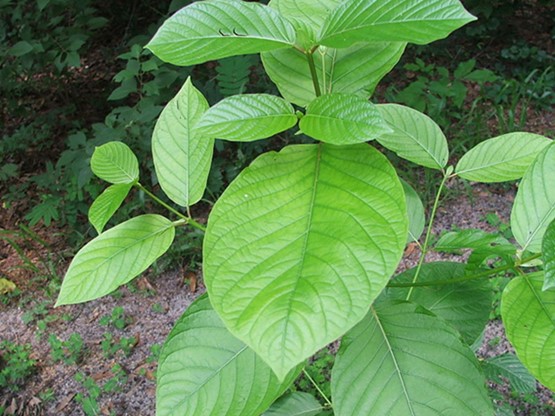
The Thai herbal remedy kratom has been legalized in Thailand this week, finally bringing to an end the arrests of thousands of Thais who have often done nothing more serious than using kratom to relieve pain.
Kratom — which is native to Thailand, Malaysia, Indonesia, Myanmar and Papua New Guinea — has ironically been legal for use in the United States for many years, with adherents swearing by its pain relief properties, as well as the leaf’s ability to alleviate depression, treat anxiety, improve focus and cognitive ability and improve sleep among many other benefits.
In Thailand, kratom has been used predominantly by Muslims in the southern part of the country for generations as an effective pain reliever after manual labor.
In recent years, however, thousands of Thais have been convicted of offences related to the then-illegal use of kratom and imprisoned.
Now that kratom has been legalized, thousands of prisoners will be released.
The WHO and FDA and kratom
Of course, like many effective herbal remedies that cost pennies compared to the many dollars of Big Pharma-produced medications, the legalization of kratom in Thailand has already been criticized by the World Health Organization (WHO).
The organization recently announced it was looking into whether kratom should be controlled.
The Food and Drug Administration (FDA) has also warned against its use, saying it can be addictive. The same FDA, we might add, that seemingly had no problem with millions of Americans overdosing on opioids for years.
Both organizations are largely funded by Big Pharma — the enormous pharmaceutical companies like Pfizer, Roche, Bayer and Johnson & Johnson that make billions of dollars a year by supplying medication to the world.
Companies that cannot make the same kind of profits on a cheap herbal remedy like kratom as they can on pain pills or anti-depressants.
It does seem, however, that Thai authorities have ignored the FDA and WHO when making their decision to legalize kratom.
This could be due to a Thailand Development Research Institute study, which estimated the decriminalization of kratom would save authorities around 1.69 billion baht ($50 million) in prosecution costs.
It could also be due to authorities becoming tired of large international conglomerates believing they can tell them how to decide on their drug laws.
Meanwhile, as Phil Robertson Deputy Asia Director of Human Rights Watch explained,
“The legalisation of kratom in Thailand ends a legacy of rights-abusing criminalisation of a drug that has long been used in traditional, rural communities in the country”.
(continue reading article after tweet…)
Very good news from #Thailand, both from the point of view of narcotics & human rights, and to reduce the number of prisoners in the country's #Covid19 afflicted prisons. https://t.co/URCl2OtXrq
— Phil Robertson (@Reaproy) August 23, 2021
The kratom legalization in Thailand also now allows Thais, and anyone else in the country, the ability to use an effective and affordable herbal remedy for pain, mood alleviation, insomnia and a host of other benefits.
Of course, the FDA, the WHO and Big Pharma have not yet given up on their witch hunt against kratom.
Then again, with the potential loss of hundreds of millions of dollars spent on their often dangerous and addictive medications, why on earth would they?
